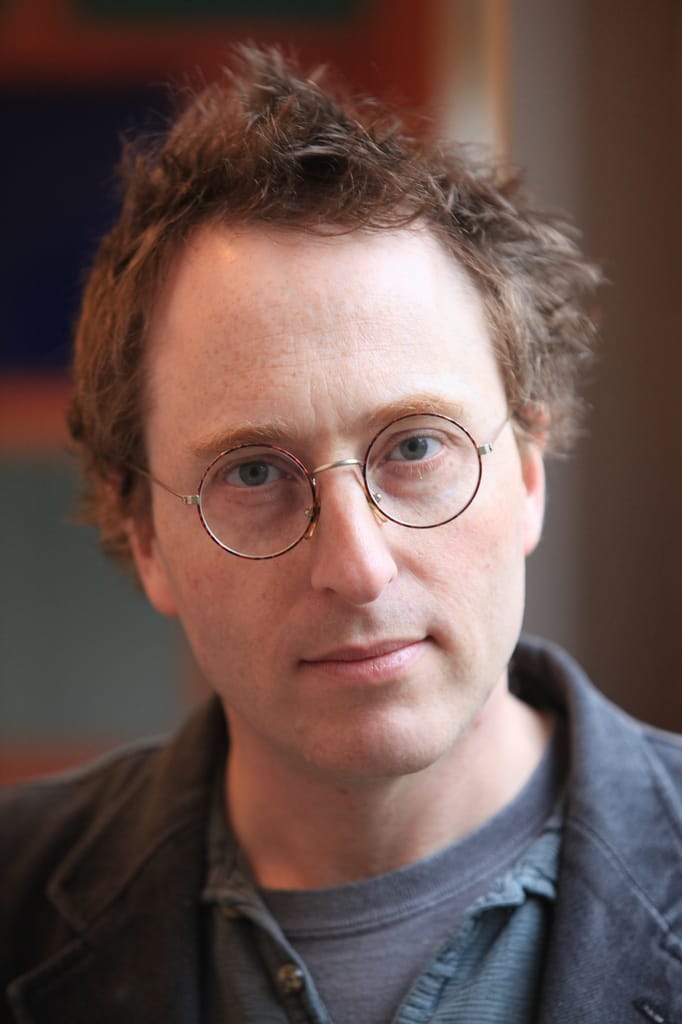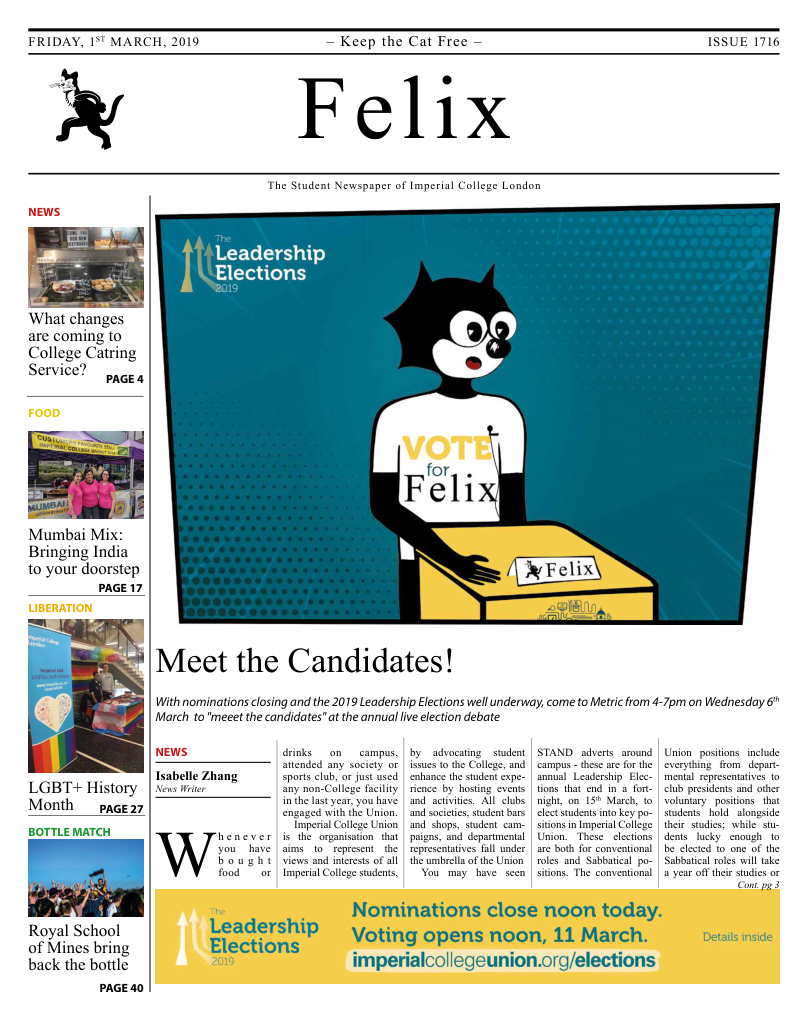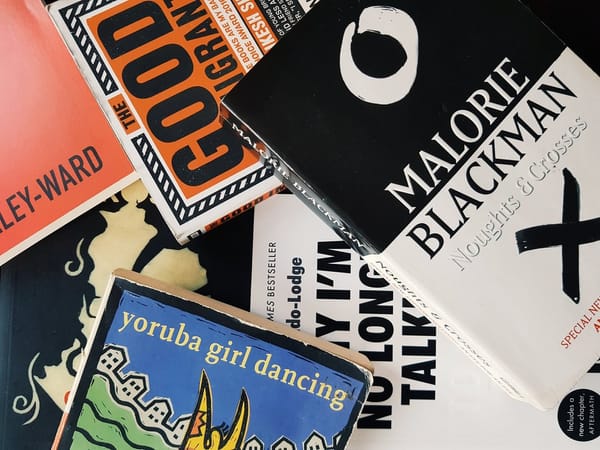So You’ve Been Publicly Shamed: The guillotine of modern life?
From democratisation of justice to weapons of destruction, our voices create a stage for shaming at an unprecedentedly large scale

As suggested by the title itself, So You’ve Been Publicly Shamed explores the world of the internet with compassion seemingly absent and every flaw amplified. In it, the author Jon Ronson details his interviews with those who were victims of ruthless attacks, perhaps for a bad joke or an immature photo posted online, and sheds light on the aftermath of those shamings, from jobs lost to rape threats.
We, once the voiceless, are given voices by the internet and social media, given authority to enforce morals as we see fit and given roles, such as social control police. We stand up against injustices, criticise the fraudulent, and topple the giants - things we never thought possible - all with this combined force. But slowly, it has evolved into intensive scrutiny, where we search for that one politically incorrect statement and tear its owner apart, all in the pursuit of justice.
Ronson starts off with the example of Jonah Lehrer, a pop science author exposed for misquoting Bob Dylan and subsequently criticised for his apology speech for which he received $20,000. He was fired from his job, and his 2016 release A Book About Love was immediately probed for potential plagiarism and factual errors and received largely negative reviews.
Another example highlighted in the book is when PR executive Justine Sacco tweeted, “Going to Africa. Hope I don’t get AIDS. Just kidding. I’m white!” Although poorly phrased, it was obvious that Sacco intended the statement satirically. In fewer than 140 characters, that tweet blew up on the internet and flipped Sacco’s life upside down. Criticisms, accusations, threats, personal attacks all flocked in as social media influencers rallied their followers to do the same. Those who spoke up for her, pointing out that it was merely terrible attempt at humour, were immediately labelled racist. Then, Sacco was notified that she had lost her job.
All of those consequences just because of a tweet seems like a hefty price to pay for a 140-word mistake. There is no forgiveness in this dictionary that is the world of the internet. In real life, if one were to make a mistake, it is social convention that we accept an apology and move on. But this is not the case when things are taken online, especially when the world judges you with the first thing that turns up in the search engine, however untrue that representation may be of you.
It is perhaps an intrinsic human flaw that hiding behind a blank avatar brings out the worst in us and strips us of empathy and respect. It could be that we are so eager to elevate ourselves that we resort to the humiliation of others to satisfy this need. More often than not, we have confused activism with conformity and blatant bullying. It is distressing to see that we can be so sensitive about what is politically correct that we can treat others so wrongly for that reason. As Ronson puts it, “We are defining the boundaries of normality by tearing apart the people outside of it.”
Jon Ronson’s writing reads like a documentary in literary form, combining aspects of journalism, advocacy, and expression of his personal opinions. It is expected that he sets the theme around a central idea, with a few main building blocks that portray different cases of online shaming. But I find it strange that he mentions many tangentially related topics with interesting potential but only covers them briefly. For instance, he includes his experience in a shame-eradicating workshop and Texas Judge Ted Poe’s controversial use of humiliation when issuing sentences. One subject that I found particularly fascinating and had hoped to read more about is how women and men are treated differently as victims of shame, with men facing mainly the consequence of getting fired whilst women receiving rape and death threats. It would have been better if Ronson had made a clear choice, either structuring the book in a more streamlined manner or addressing those tangential subjects more thoroughly and adding another layer of depth.
This book was released almost four years ago, and many things have changed since then - Justine Sacco has landed a job; the users of Ashley Madison were publicised; doxing and cyberstalking have bloomed. It is hard to predict what trajectory we are moving towards, but one thing is for sure, to quote Ronson, “The great thing about social media was how it gave a voice to voiceless people. Let’s not turn it into a world where the smartest way to survive is to go back to being voiceless.”








